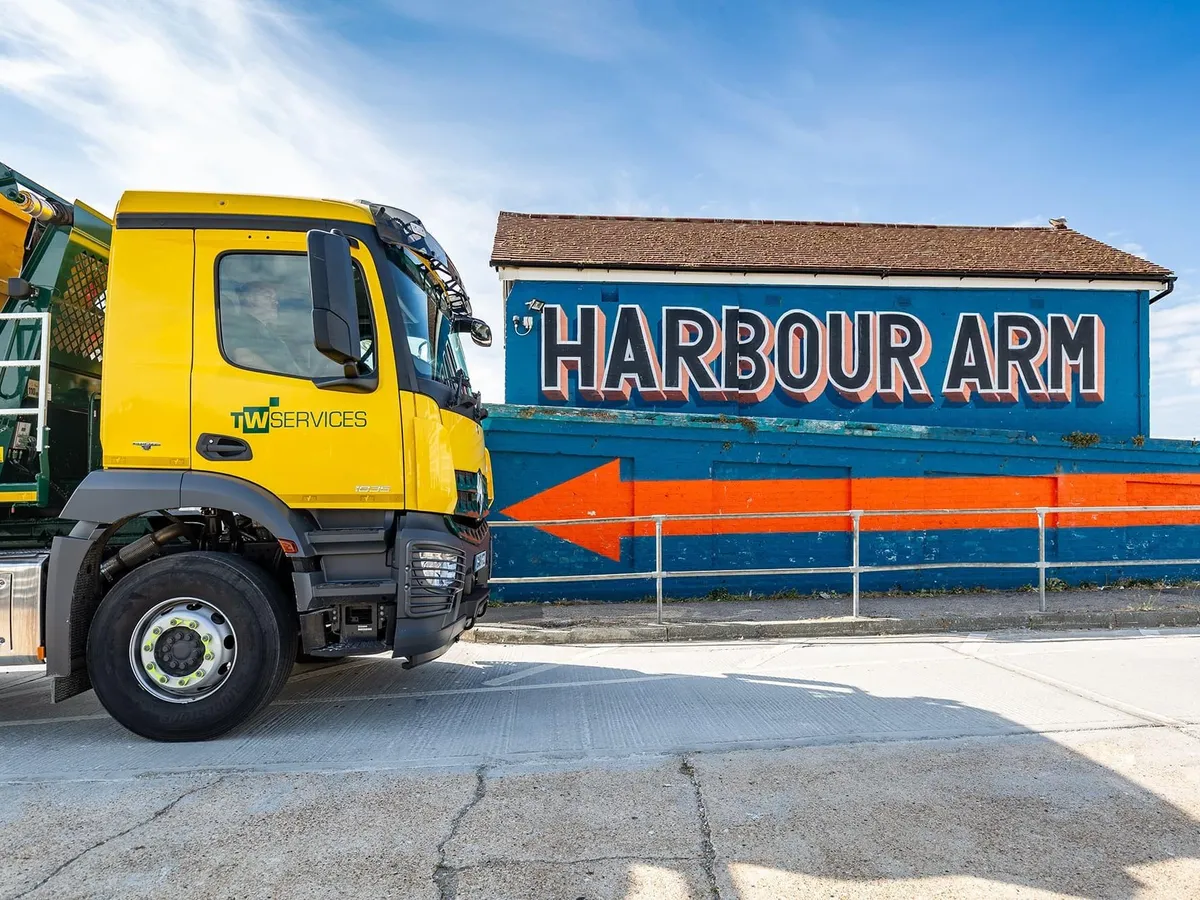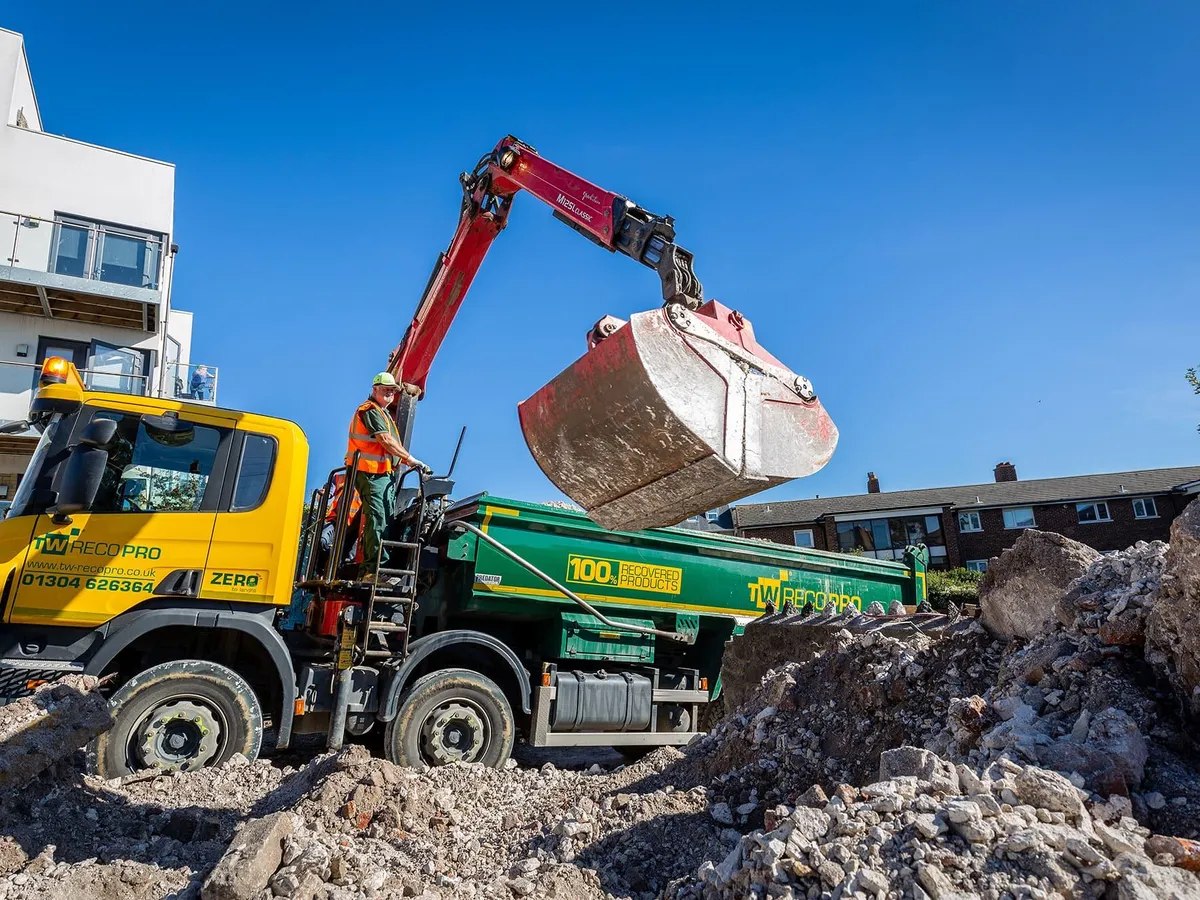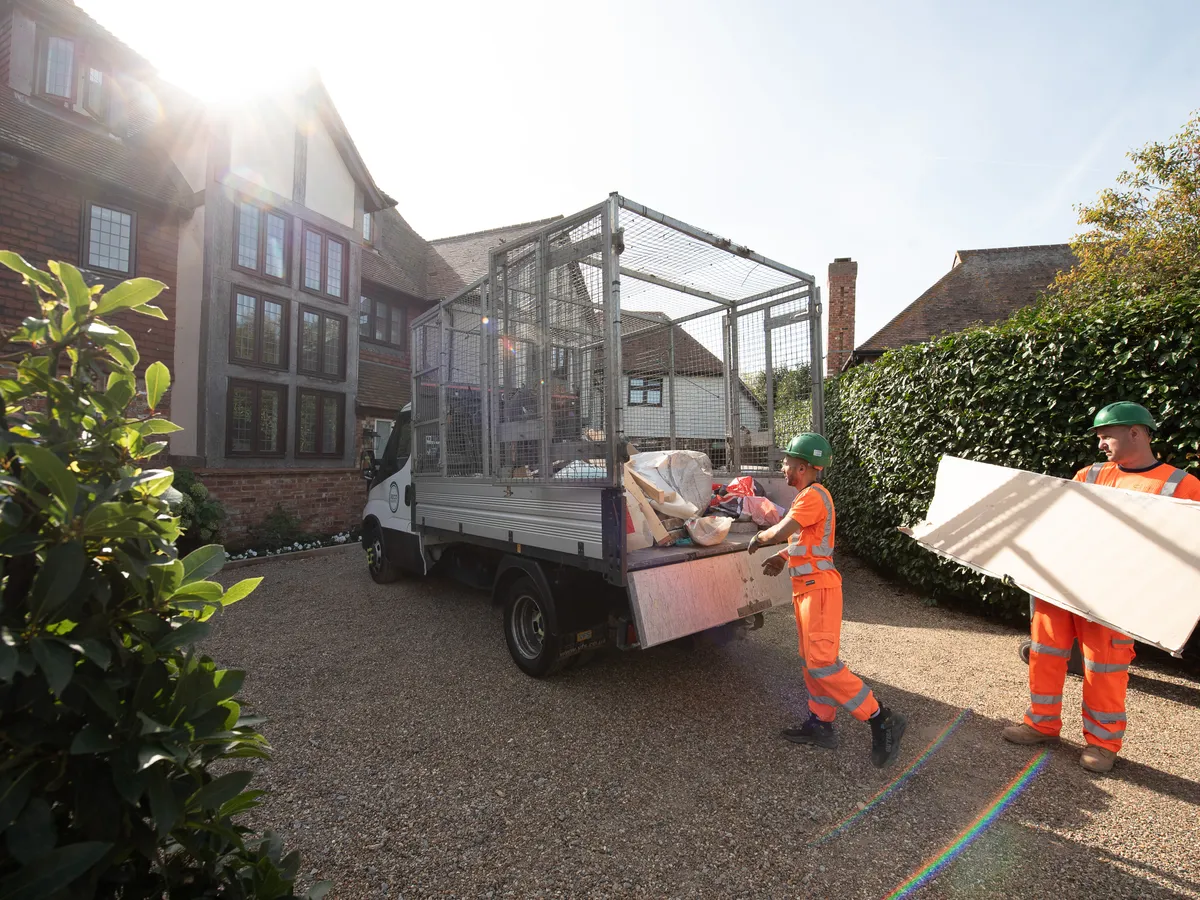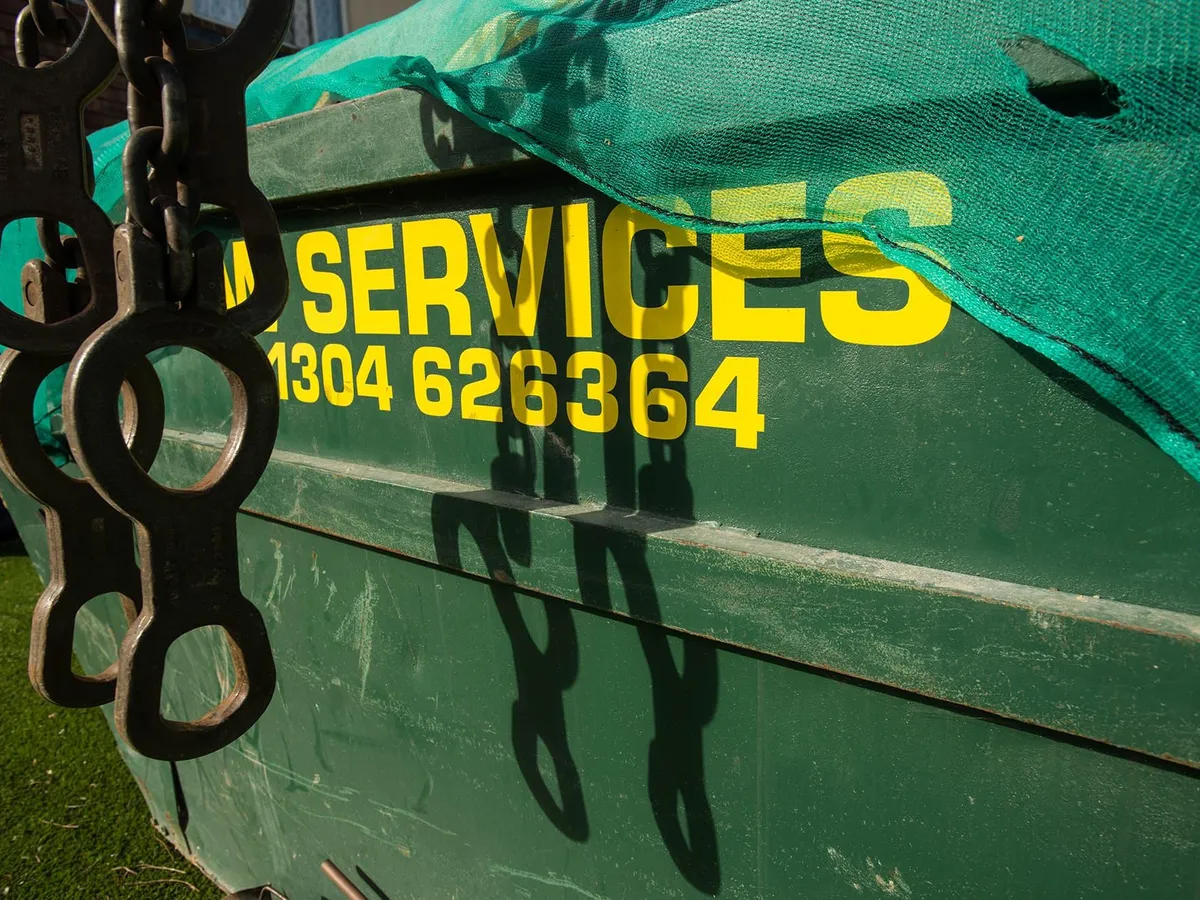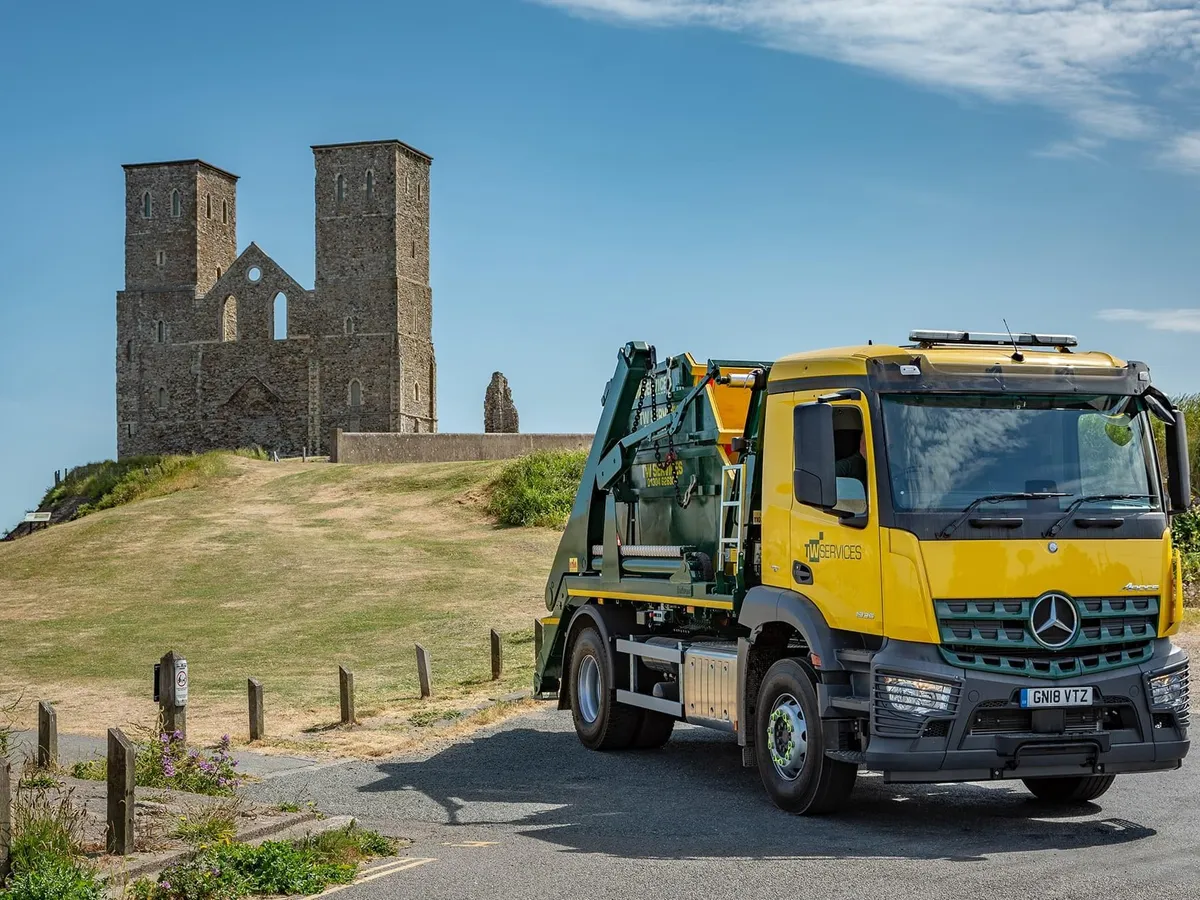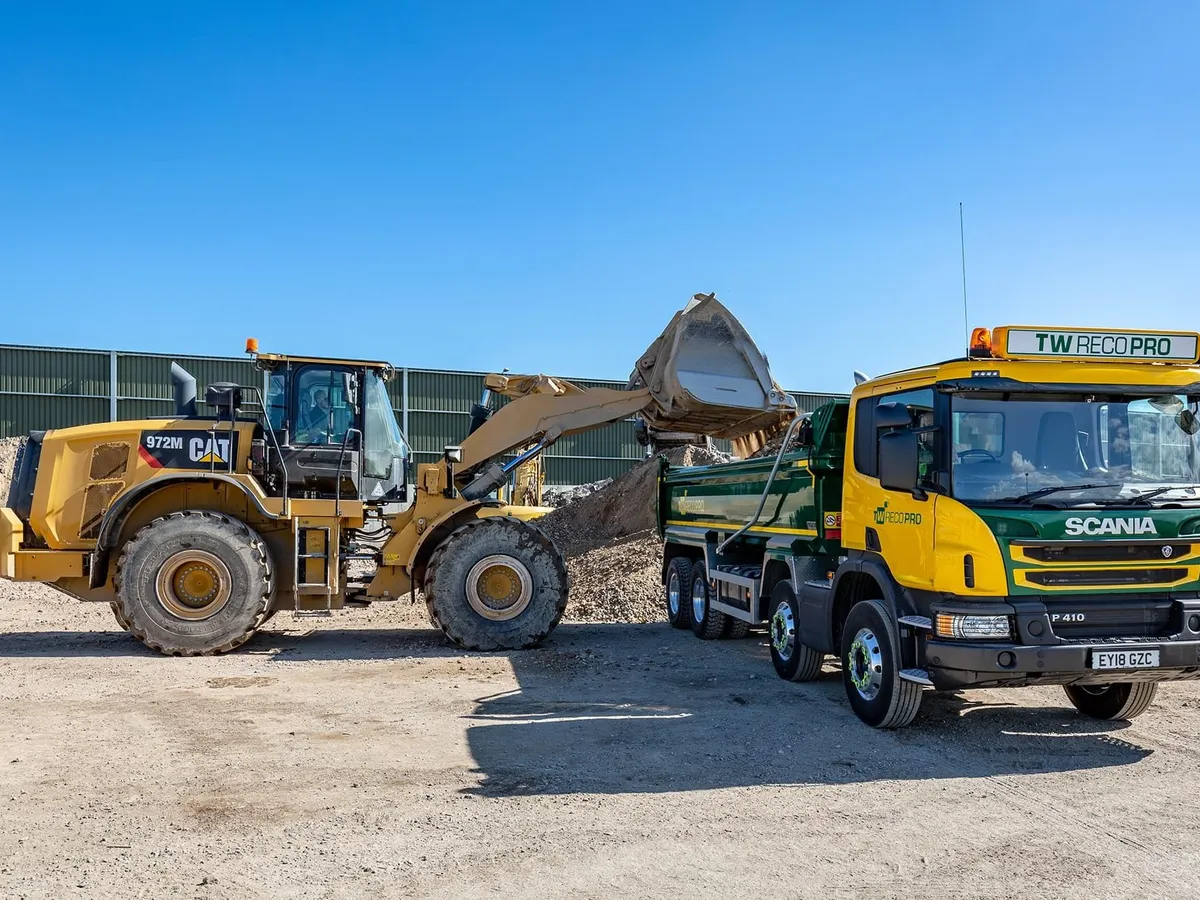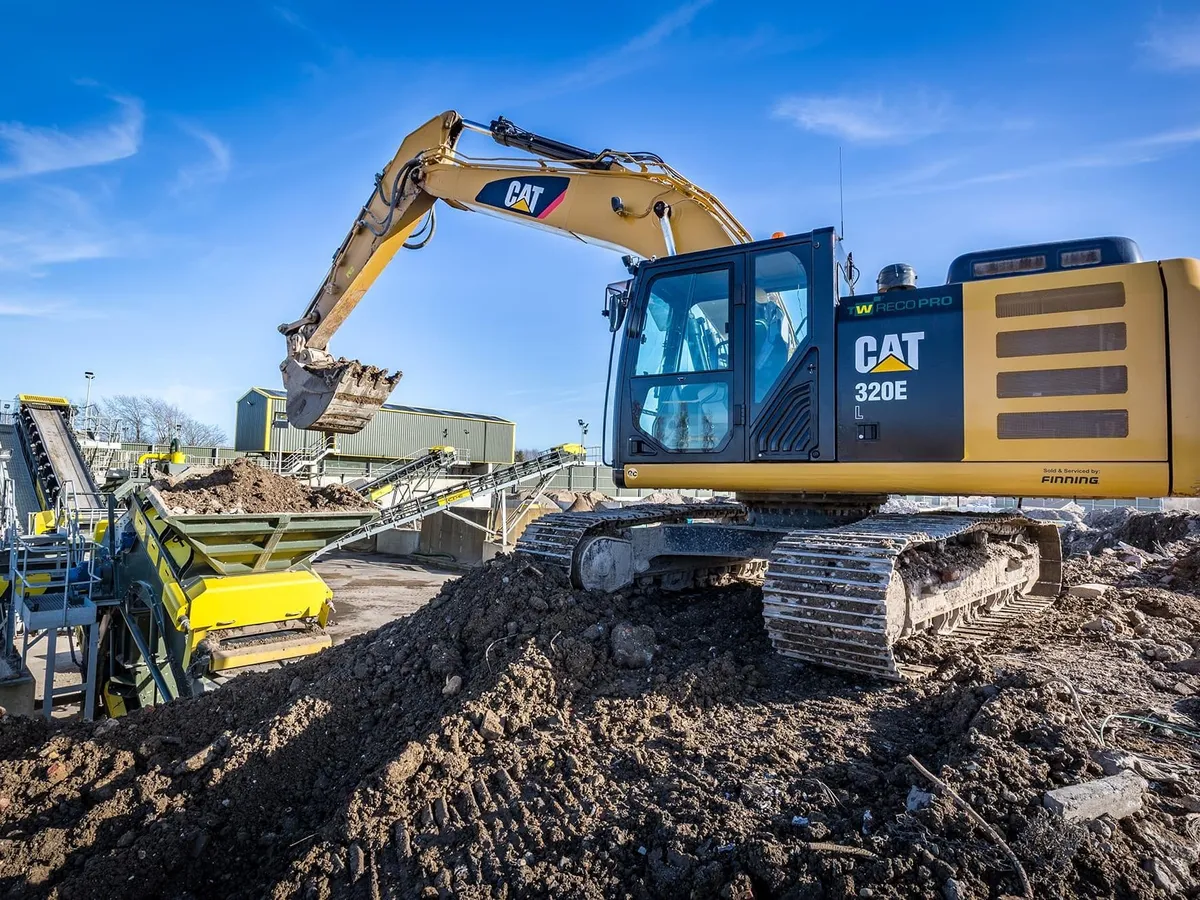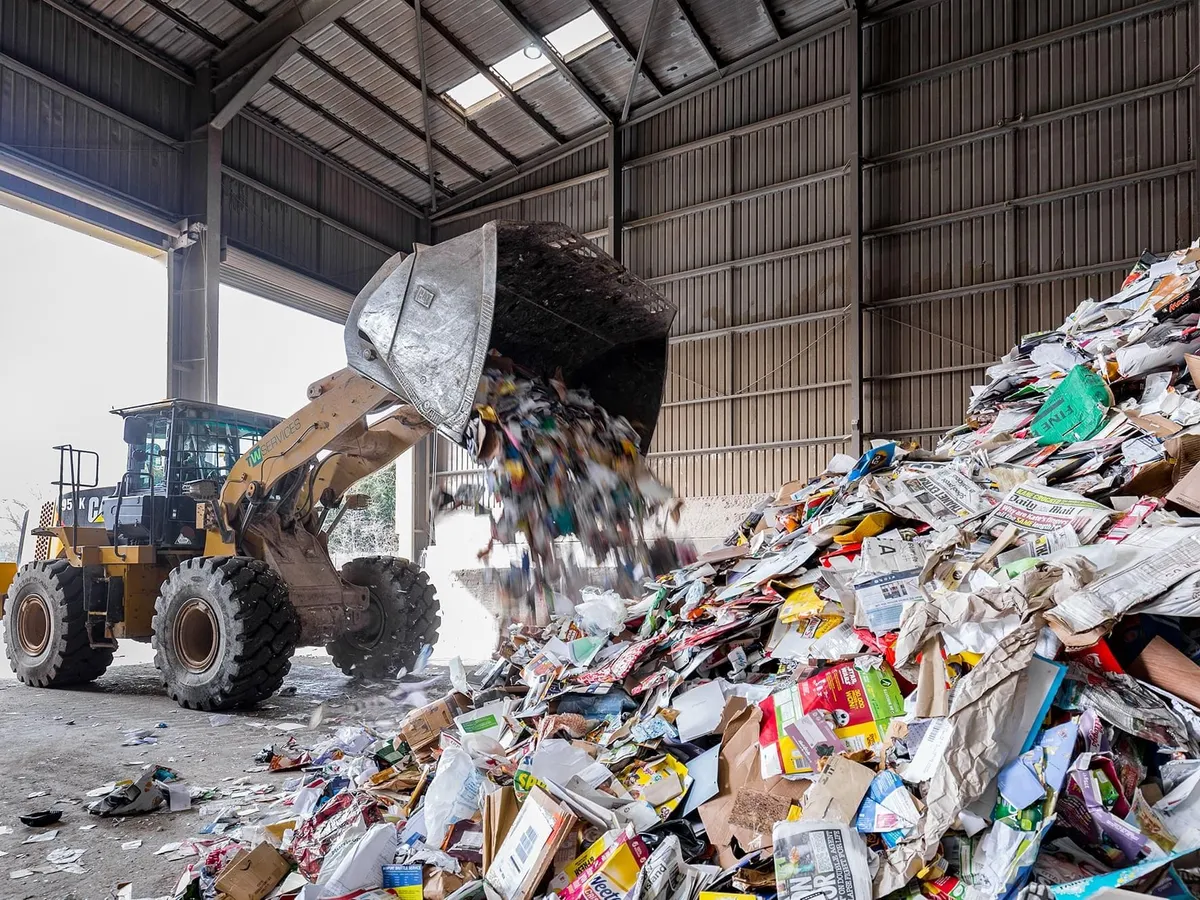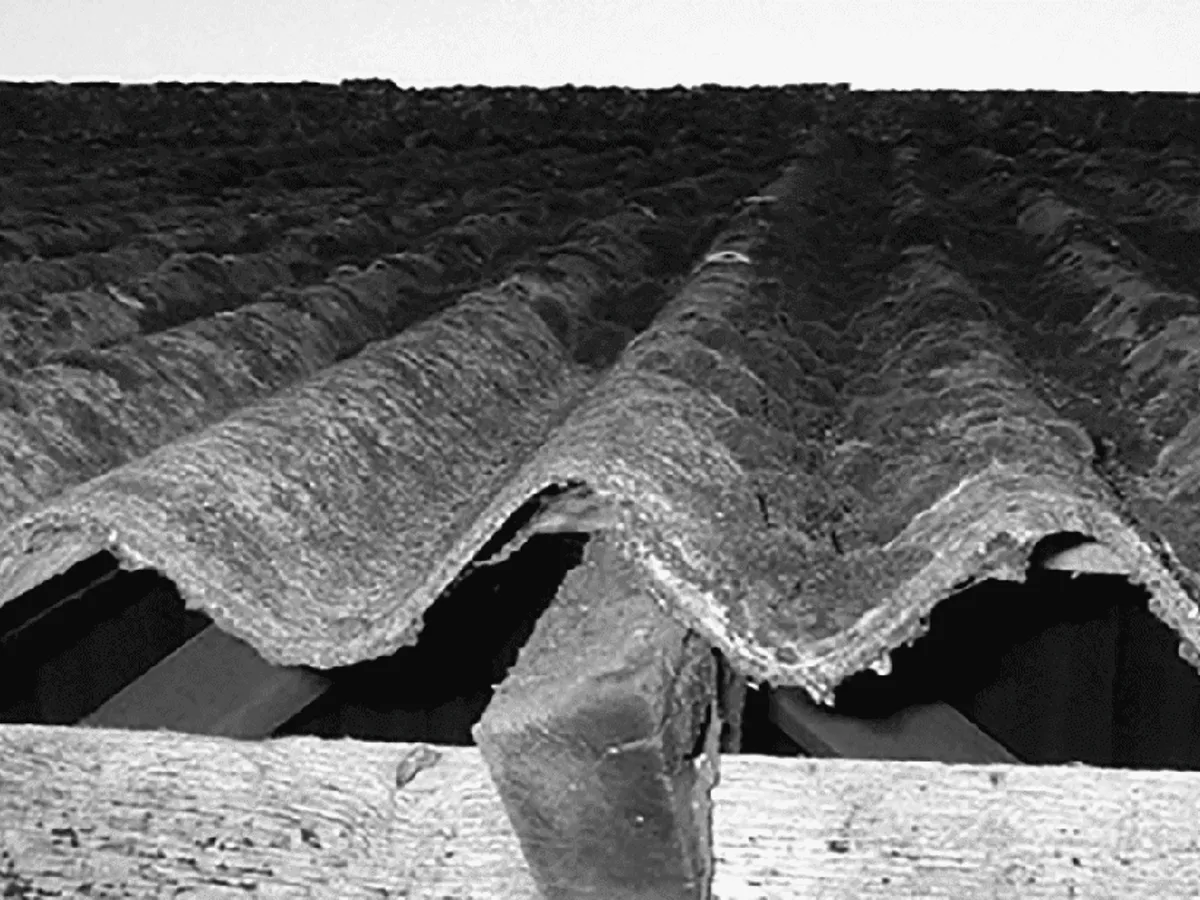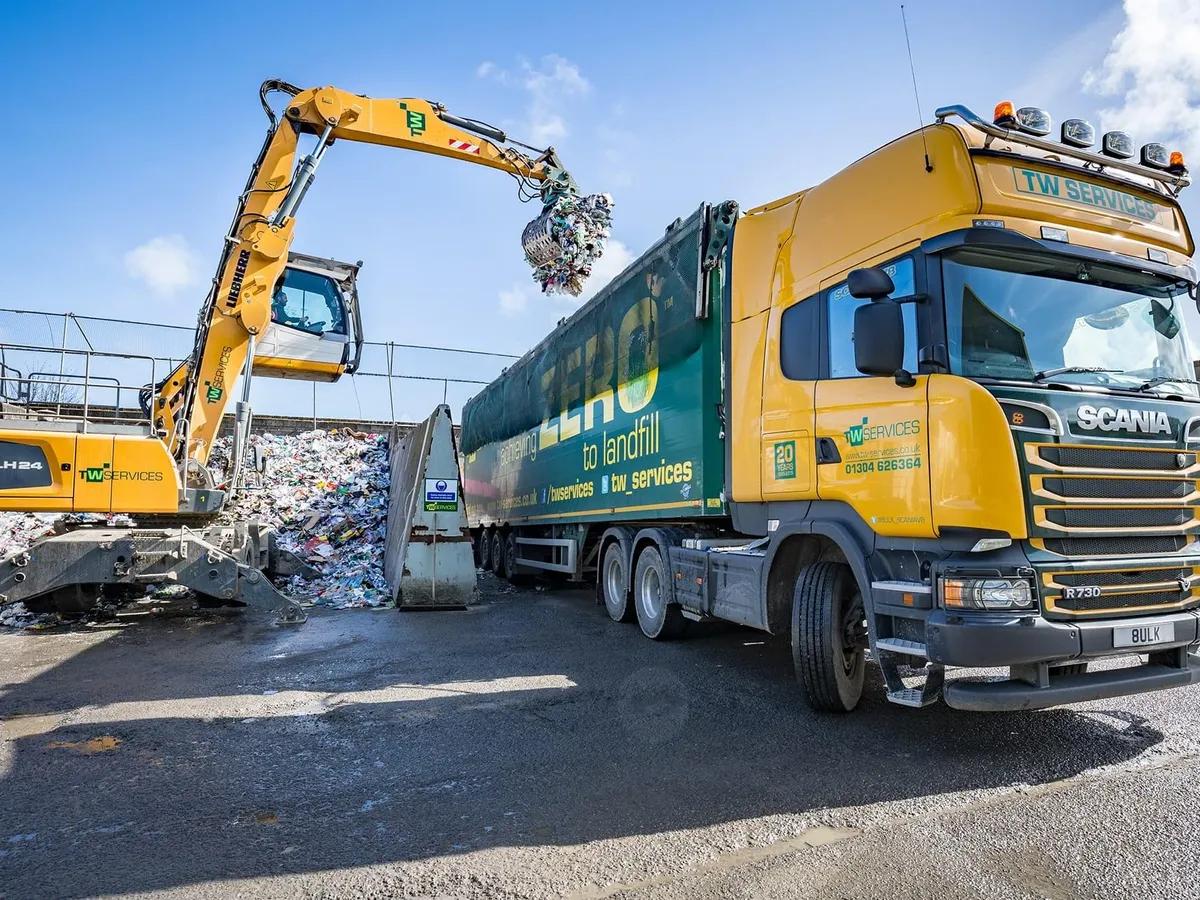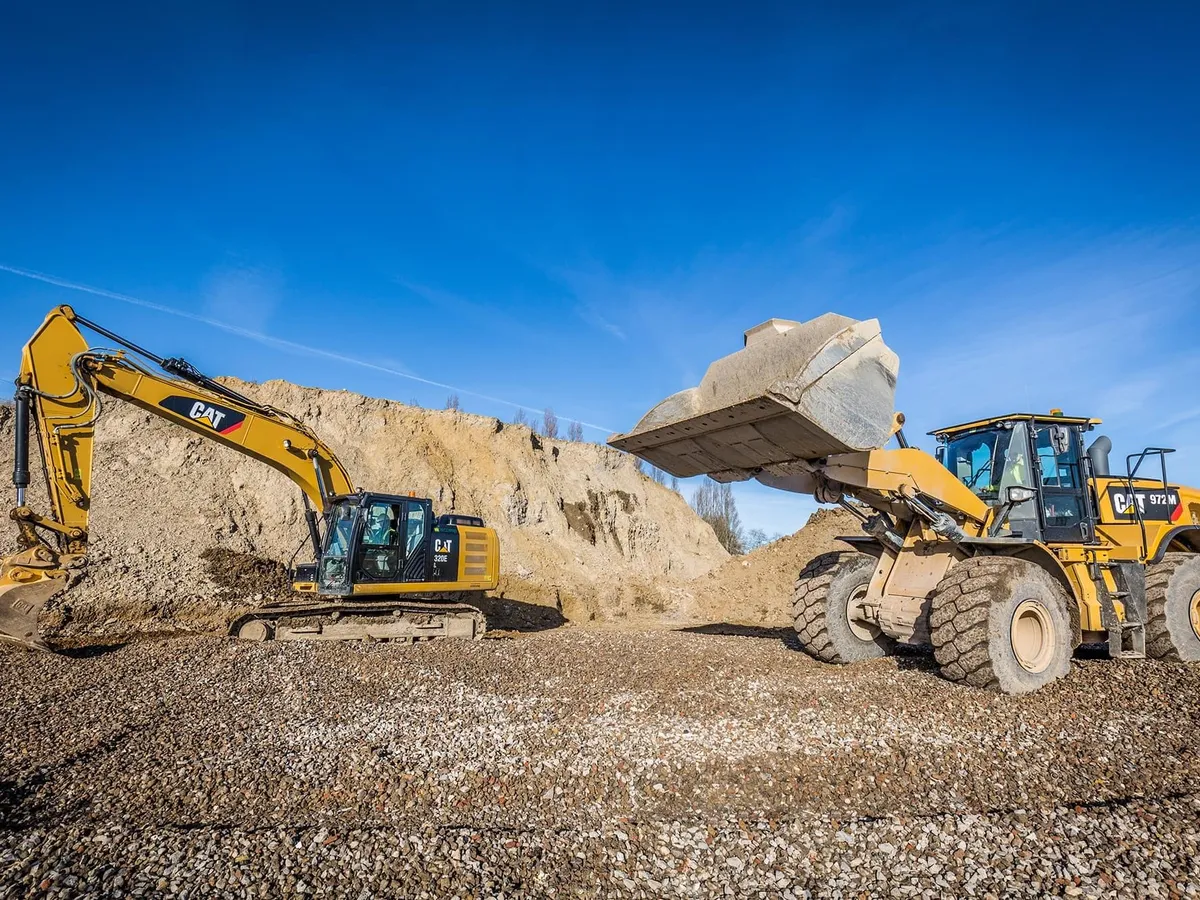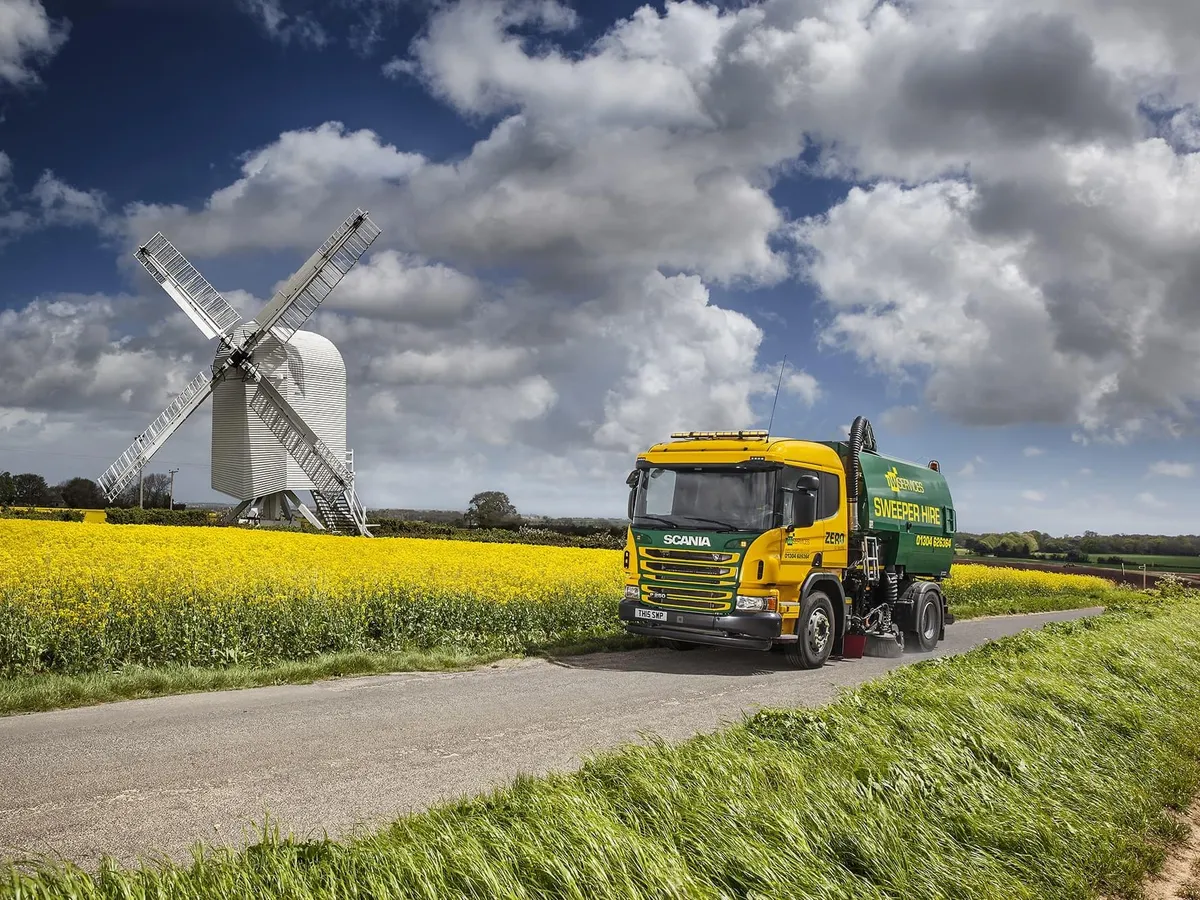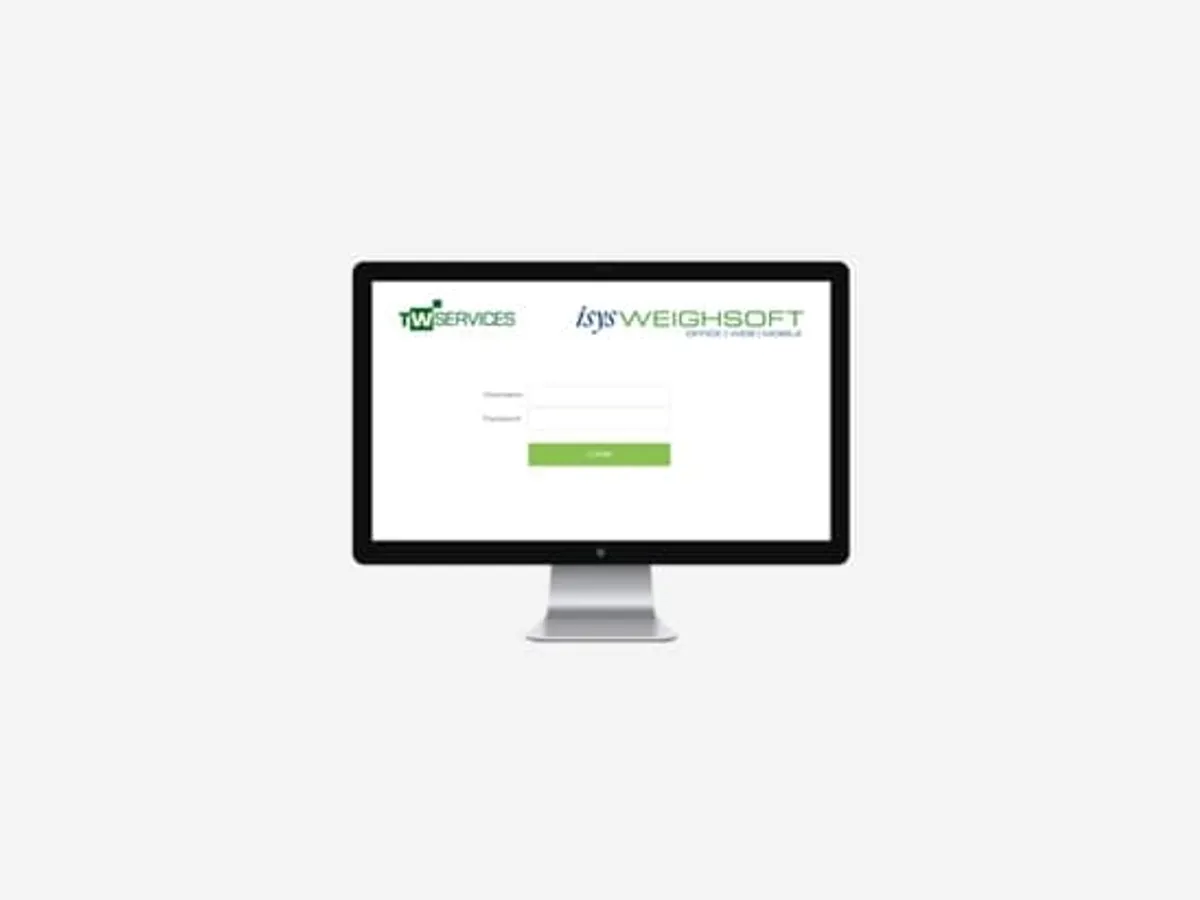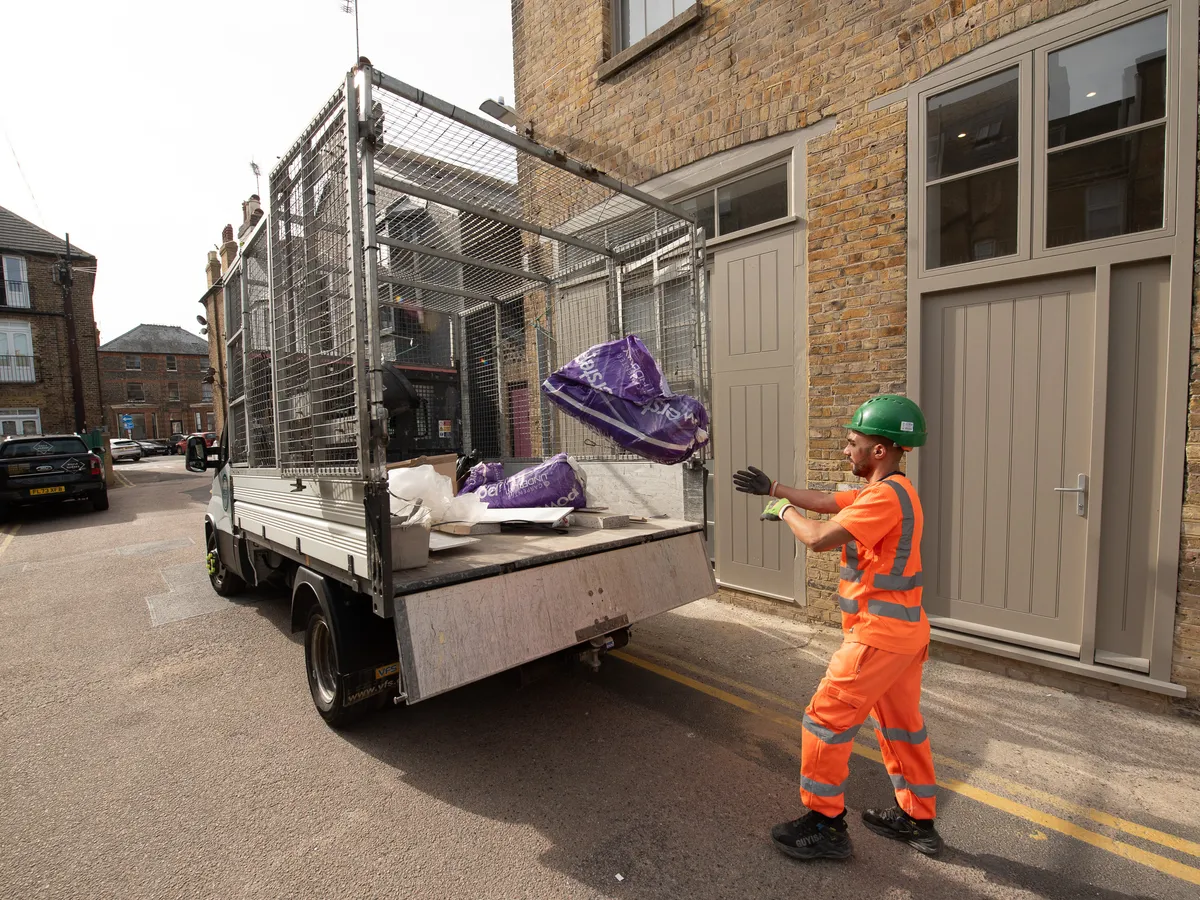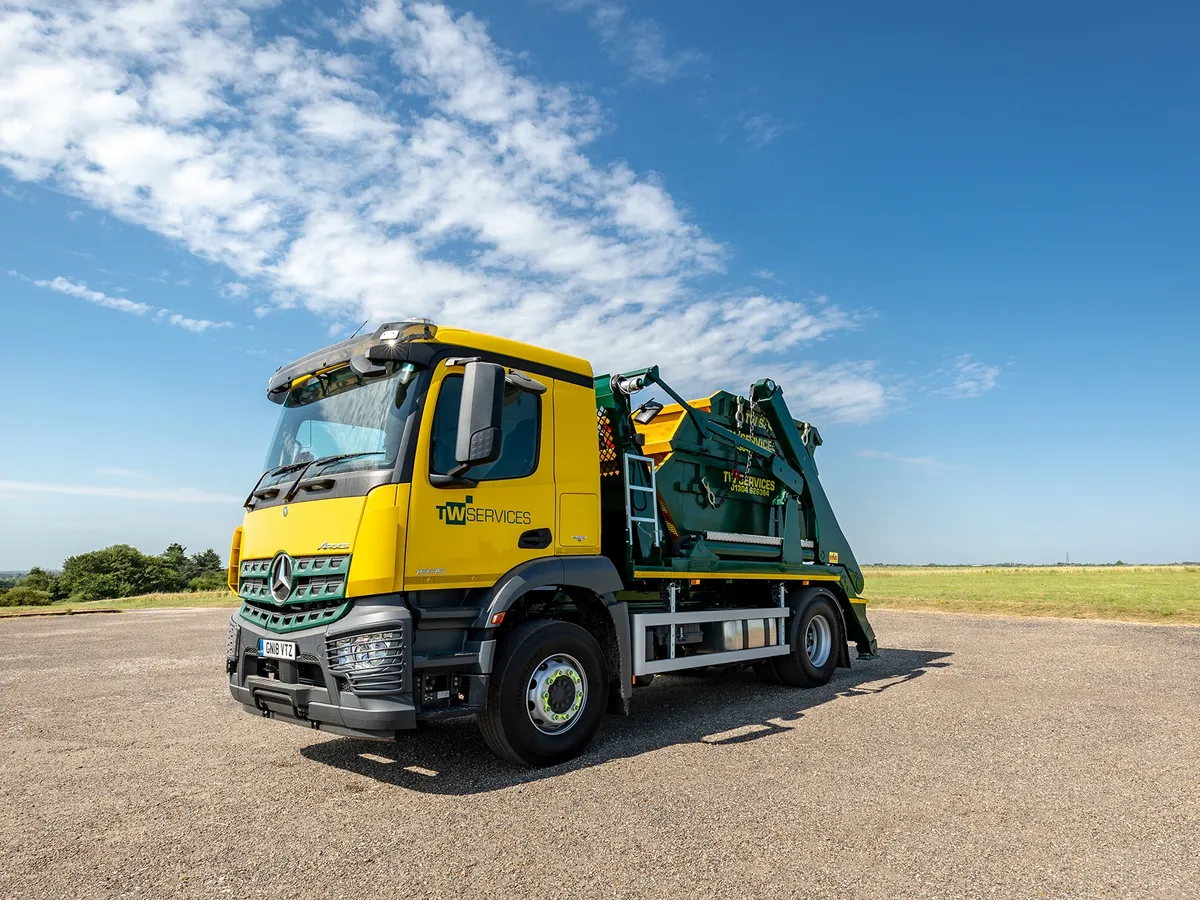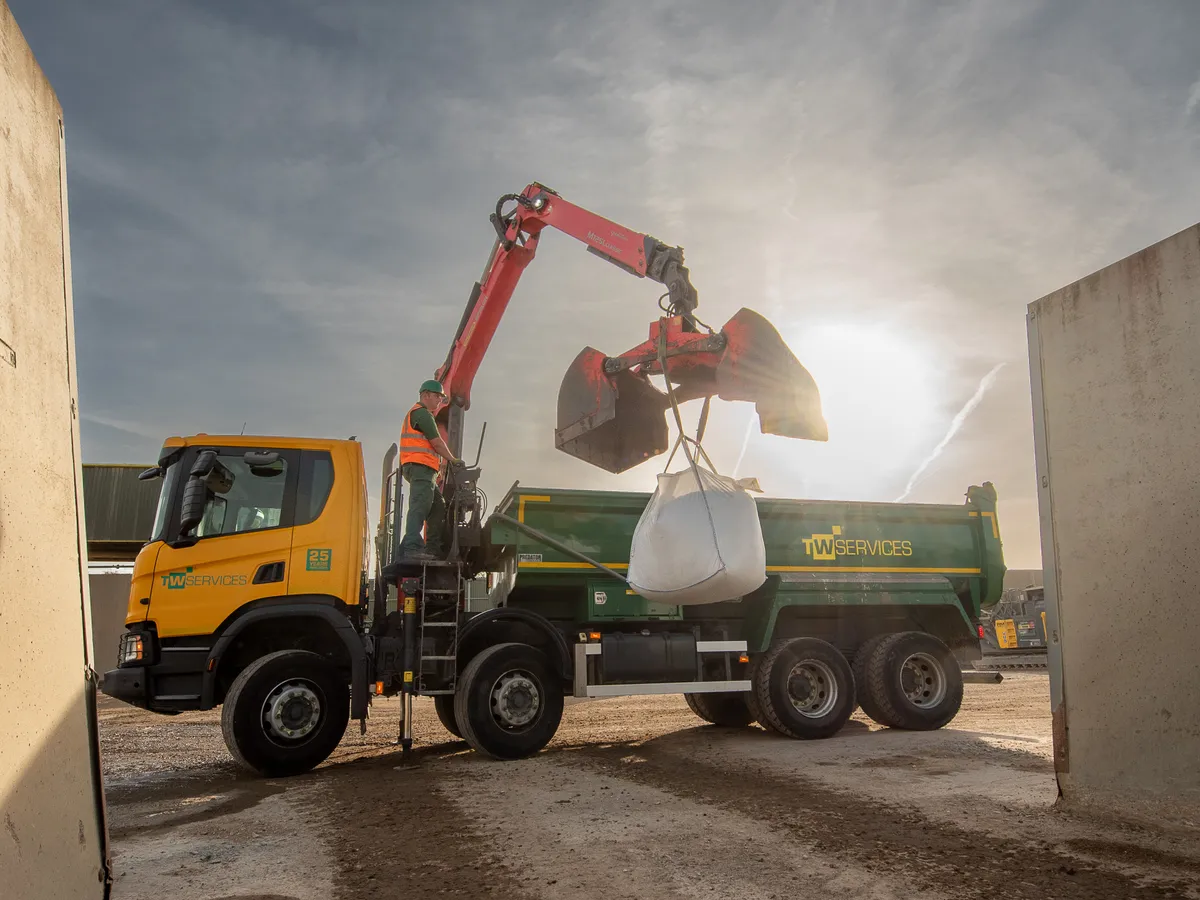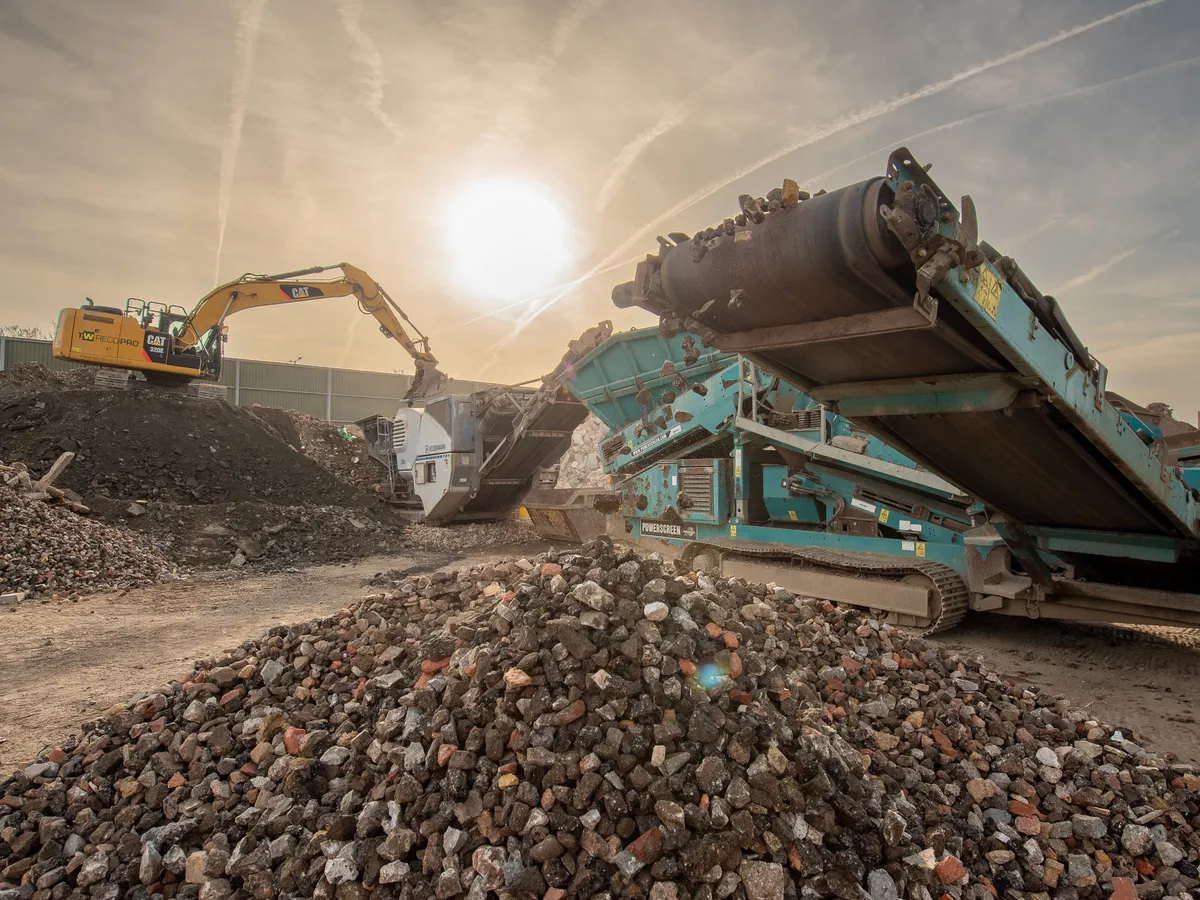Across all business sectors, sustainable waste management is more important than ever. We support businesses with an absolute maximum level of recycling thanks to our ‘Zero to Landfill’ policy.
We focus on repurposing all waste material we recycle, either into new products or energy sources that can be put to use. Our mission is to protect the environment through conscious waste handling.
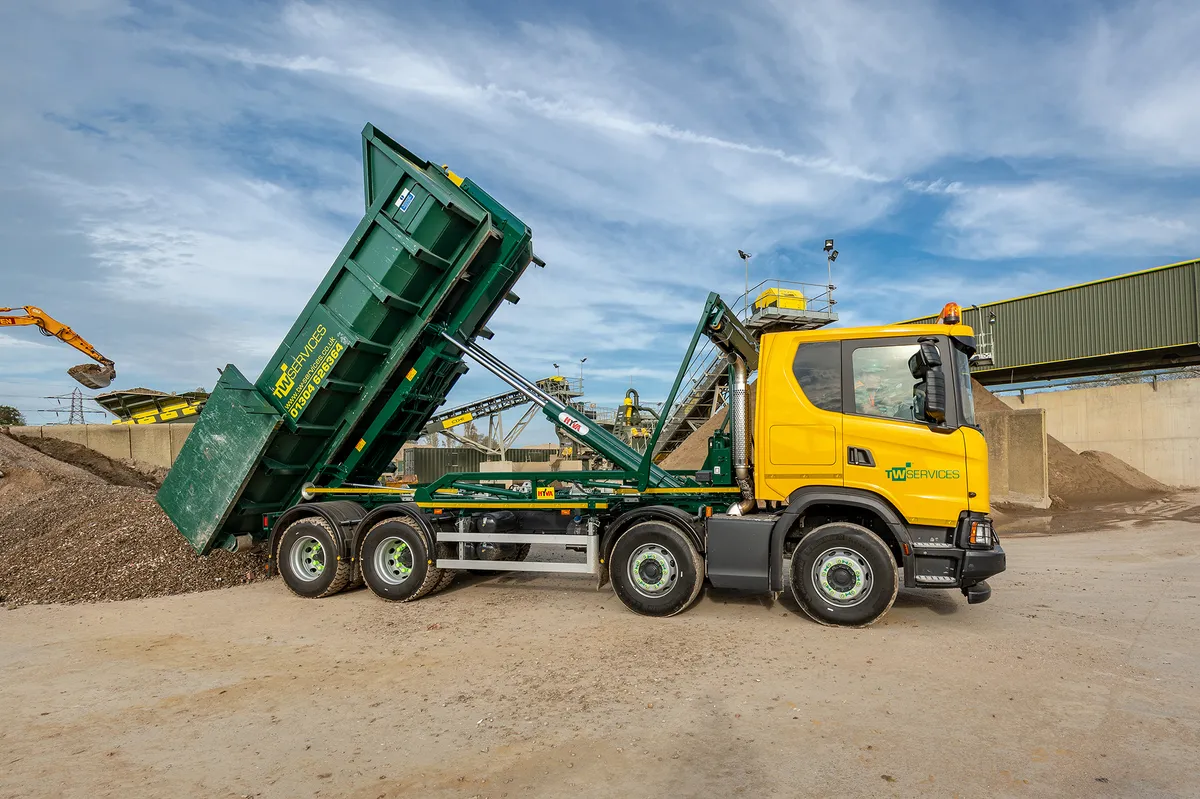
Waste Management Dover, And In The Kent Area
When businesses employ our total waste management service they don’t just benefit from a boost in green credentials and an end to landfill tax, we take away the hassle of controlling waste too.
Our team of specialists work to provide a simplified, stress-free solution to juggling multiple waste management schedules. Give us a call on 01304 626364 or fill in our contact form to find out more about total waste management for businesses.
Total Domestic and Commercial Waste Management in Dover
Through TW Services you can rely on one organisation to handle all aspects of waste and disposal. We’ve been working in waste management for over two decades and know exactly how to make waste management easy for you. Our approach to waste management is all-encompassing, and we’ll support and advise you on every aspect of waste storage and handling. We’re just one phone call away no matter what your query about waste.
Our process to provide our premium service includes:
- Initial assessment
- Provision of a waste management plan and protocols
- Regular, scheduled removal of waste
- Management and division of waste streams
- Sorting
- Recycling, recovering and reprocessing waste material
We handle all types of waste every day, from electrical waste to hazardous matter like asbestos, to garden waste like branches, to bulky waste that combines a mixture of different types. Most businesses produce mixed-stream waste that needs to be sorted to be recycled, but that’s not a problem for us, we collect all types of waste and sort them at our recycling site.
Waste Management Services and Waste Disposal in Dover
By its very nature, our total waste management service is customizable to any business. We always start out by conducting an audit and assessment of your business. This gives us an idea of the type, rate and behaviour of your waste production. We go from there to devise a succinct waste management strategy where we can control all steps in the process to take the stress off of you. Here are some examples of types of clients that benefit from total waste management:
- Local councils
- Construction sites
- Shopping centres
- Schools and universities
- Hospitals
- Restaurants
- Retail parks
- Hotels
- Airports
Once we collect your waste we always sort, wash, break down and recycle it. Nothing ever ends up in landfill meaning you never have to worry about waste and recycling compliance.
Total Waste Management Solutions Near Me
We support businesses all over Kent with total waste management, including those based in Dover. Here are some areas around Dover that we service:
- Tower Hamlets
- Maxton
- Swingate
- Guston
- Whitfield
- Temple Ewell
- WestCliffe
This is not an exhaustive list, though. If you’re located elsewhere in Dover or in the South East, give us a call on 01304 626364 or send us a message to find out how we can help you. We also offer skip, road sweeper, and grab lorry hire.
Skip sizes guide
Our skip sizes range from four to 12 cubic yards which provide a very cost-effective way to dispose of bulky waste including furniture and garden waste. For a skip that will be placed on the road, there will be an extra charge of £50.00 (per week) added for a permit from the council. If a permit is required, it takes 3 days to obtain permission from the local authority so factor this in when you’re planning the hire of your skip.
To help you decide which size skip would be best for you, please refer to our waste skip sizes guide pages. We’ve included skip sizes in yards and skip capacity m3 to give you a good idea of what will fit in each skip.
Frequently Asked Questions
You might need to hire a waste management service if you generate waste that needs special handling or if you have substantial quantities of excess waste.
Consider the amount of waste you need to dispose of, specific regulations about your waste, and whether you aim to adopt environmentally friendly practices.
By embracing these approaches, you contribute to a healthier planet, conserve resources, and promote sustainability for future generations.
To explore responsible waste management options, contact our team to discover how we can assist you.
Waste management can be a good investment both financially and ethically.
When you choose a reputable waste management company, they can help you ensure regulatory compliance and give expert advice on enhancing waste reduction efforts.
Implementing straightforward measures, such as source reduction, opting for recyclable alternatives, and advocating for paperless operations can notably reduce waste generation and related expenses.
By investing in waste management, you’ll achieve cost savings and make a meaningful contribution to the environment and society, enhancing your competitive edge in the market.
If you want to find out more information, get in touch with TW Services to speak with an advisor.
Familiarising oneself with the various types of waste management is crucial for businesses to formulate effective strategies. There are four primary methods:
1. Landfill disposal: This method involves burying waste in designated landfill sites. While these sites are engineered to minimise environmental and health risks, improper management can still pose threats to soil, water, and air quality.
2. Incineration: Waste is combusted at high temperatures within incinerators, reducing its volume and generating heat or electricity. However, without proper emission control technologies, incineration can release pollutants into the air.
3. Recycling: Recycling entails collecting, sorting, and processing waste materials to convert them into new products or raw materials. This practice conserves natural resources, reduces energy consumption, and diminishes landfill usage.
4. Composting: Organic waste, such as food scraps and yard trimmings, undergo decomposition to produce nutrient-rich compost. Composting reduces landfill waste, enhances soil quality, and helps mitigate greenhouse gas emissions.
If you have any more questions or information, contact us with us to speak with an advisor.
